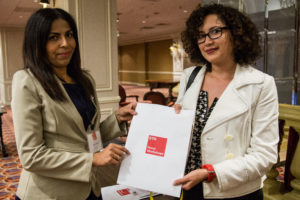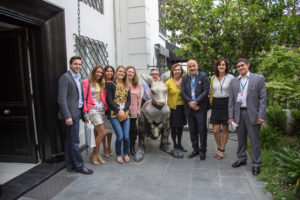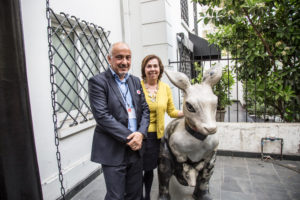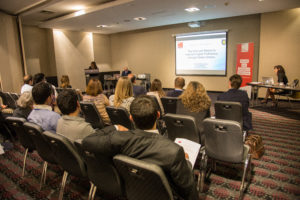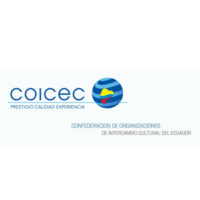4 Basic Strategies for Cross-cultural Management: Language Learning
We’ve said it before and we will say it again – one of the biggest needs of international students concerns communication. International students, just like any other human being, need to communicate their thoughts and feel understanding by their peers and fellow students.
Even if international students speak the main language used on campus, this alone might not be enough to make them feel comfort and inclusion. Local accents, slang or subtle nuances in native expressions can ruin the pleasure of communicating freely. What is more, they can often result in misunderstanding or communication breakdown.
Introducing local language learning opportunities can be essential to accommodating the needs of international students. And this is the 3rd basic cross-cultural management strategy that we will discuss today.

Boost your local language market
Language learning opportunities are important not only for international but also for local students. This is an excellent reason to host events that let groups of interested students meet with language learning providers. On one hand, you let local and international students mingle together. On the other, you engage with new business partnerships and expand your network of learning partners.
Host a themed gathering
Even when your international students speak the local language, specific groups of items or topics can be easily forgotten. For instance, if you do not practice your vocabulary on sports, cooking or household appliances, those words will fade away in your memory.
Host events where your international students can discuss various topics while learning or practicing the activity associated with them, for example a cooking class or a workshop in handicrafts. The ideas can go as far as your imagination!
Why not some grandma tutoring?
Traditionally, senior members of society are those who transfer knowledge and skills to the younger generations. They’re also more patient and less busy than people in their active working years.
So why not invite some elderly community members that have something to share to a meaningful meeting with international students and have one-to-one language sharing sessions. This kind of approach would bring benefits not only for international students, but also for your local community, providing interesting leisure time and interaction opportunities for mature citizens.
Do you use language learning opportunities to facilitate cross-cultural management within your international students community?
Share your thoughts and experience in the comments!






















